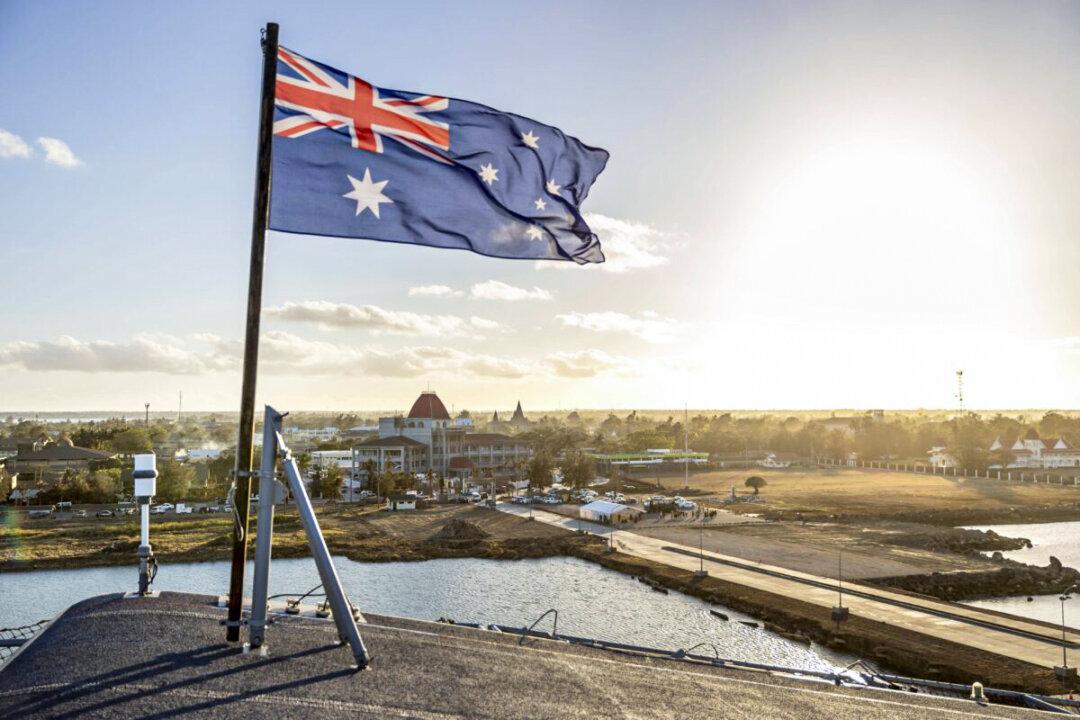Australian telecommunications giant Telstra, with backing from the federal government, will finalise its purchase of major Pacific mobile network provider Digicel Pacific.
In October 2021, the previous Morrison government launched the bid to keep out potential Chinese suitors from gaining control over Digicel’s data network—the largest in the Pacific region.





